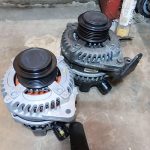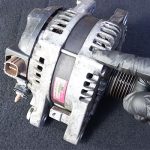The Honda Ridgeline is a popular mid-size pickup truck known for its practicality, comfort, and off-road capability. However, like any other vehicle, it may experience issues that require repairs over time.
One of the components that can fail in the Honda Ridgeline is the alternator, which is responsible for charging the battery and powering the electrical system.
The cost of replacing the alternator in a Honda Ridgeline can vary depending on several factors, such as the model year, location, and the repair shop’s labor rates.
On average, the cost of a Honda Ridgeline alternator replacement can range from $400 to $800, including parts and labor. It is important to note that the actual cost may be higher or lower depending on the specific circumstances.
If you are a Honda Ridgeline owner experiencing issues with your alternator, it is recommended to get a quote from a reputable mechanic to determine the exact cost of replacement.
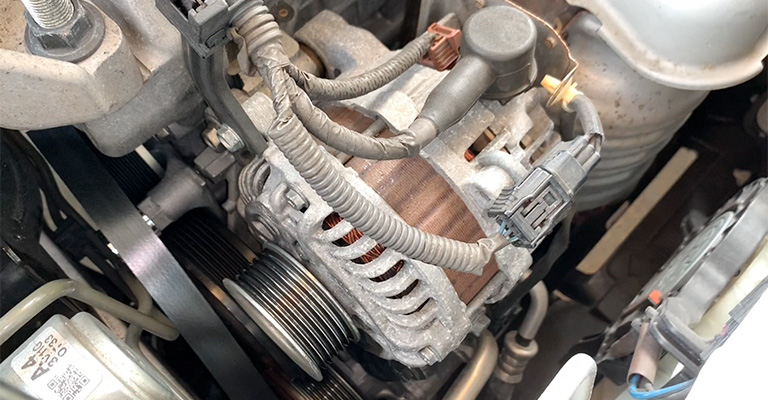
Honda Ridgeline Alternator Replacement Cost
It costs between $674 and $971 to replace the alternator on a Honda Ridgeline. Approximately $159 and $200 will be spent on labor while $515 and $771 will be spent on parts. The cost of Alternator Replacement may vary based on where you live and the type of vehicle you have.
What Is An Alternator?
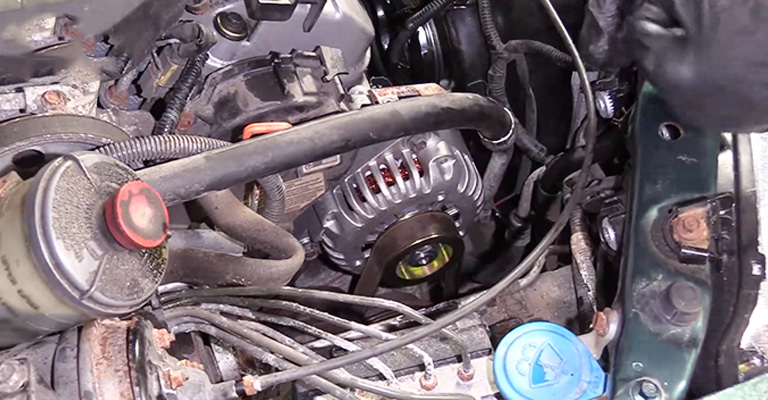
Despite having a finite amount of storage, your car’s battery gives it the charge it needs to start. A battery charger is therefore needed – this is where an alternator comes in.
During engine operation, the alternator recharges the battery and powers the electrical system. As well as powering the starter motor, it also supplies power to the lights, stereo, and other components.
How Does The Alternator Work?
When the serpentine belt or drive belt turns the alternator, it creates power. Built-in voltage regulators and rectifiers ensure the vehicle receives the proper current as it spins, producing electricity.
The rectifier diodes within the alternator convert the alternator’s alternating current (AC) to direct current (DC).
How Does An Alternator Help Your Car Run?
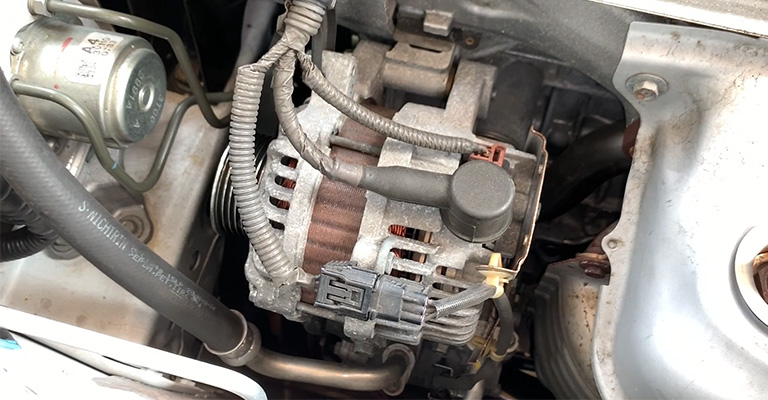
Alternators charge your car’s battery. Your car’s battery loses power when you use electrical components (stereo, lights, etc.). When the battery is recharged, the power is replenished. In the engine compartment, you will find the alternator.
You will only be able to drive your car if the alternator is working properly, and the battery will have sufficient power to power the car.
A dead battery will prevent your car from starting. When the alternator malfunctions, the battery warning light will illuminate, or the low volt gauge will Display.
What Are The Symptoms Related To A Bad Alternator?
While driving, the dashboard battery warning light will illuminate if the alternator fails. It won’t work to jump start the vehicle if all electrical components begin to lose power soon after. It is possible for the alternator’s bearing to fail, resulting in a grinding noise as the engine speeds up.
Can I Drive With An Alternator Problem?
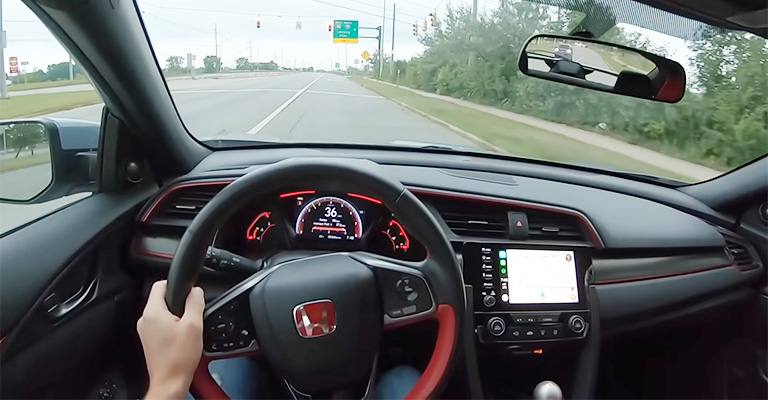
When the alternator has completely failed, a car must be towed to a repair shop if it has a weak alternator.
Before Repairing The Alternator
Mechanics should inspect the battery cables for corrosion and the battery condition before installing an alternator.
Steps When Replacing An Alternator:
- All components of the charging system should be inspected (battery, cables, alternator).
- Examine the belts on the drive motors.
- Perform an output test on the alternator.
- If the alternator is faulty, it should be removed and replaced.
- Make sure the alternator output is tested again.
Our Recommendation For Alternator Replacements:
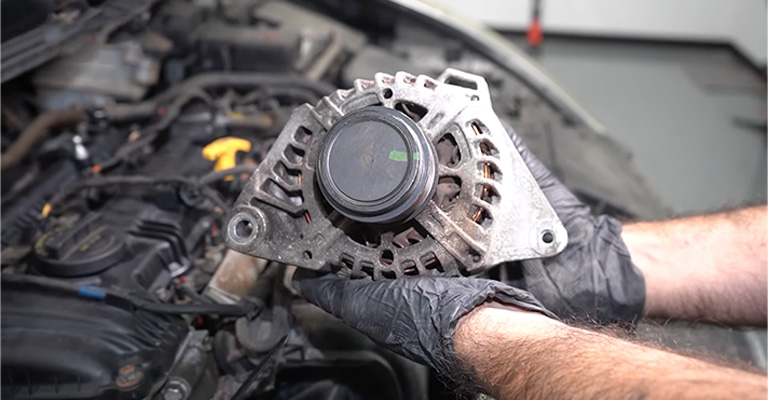
You should ask your mechanic to inspect the charging system every time you have a major service performed. In addition to cleaning and tightening the battery cables, the mechanic should make sure the battery is charged properly.
How Often Do Alternators Need To Be Replaced?
The alternator is fairly common to fail, but it can last well over 100,000 miles without breaking down. Alternators can be damaged by harsh driving conditions and custom power accessories.
Final Words
Alternators charge batteries, which power electronics like radios and air conditioners in vehicles. Your vehicle also needs a battery to turn on. Alternators that malfunction won’t charge your car’s battery, and your car will eventually run out of battery life and won’t start.

